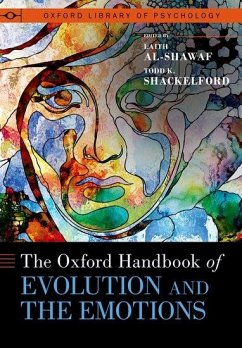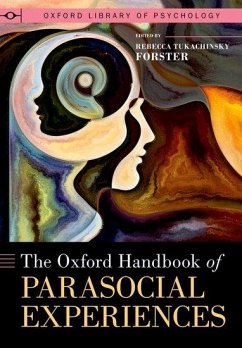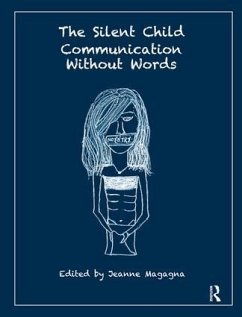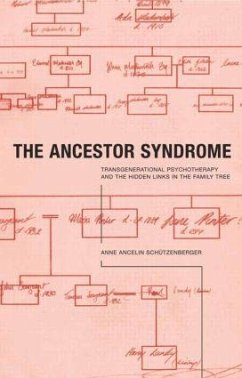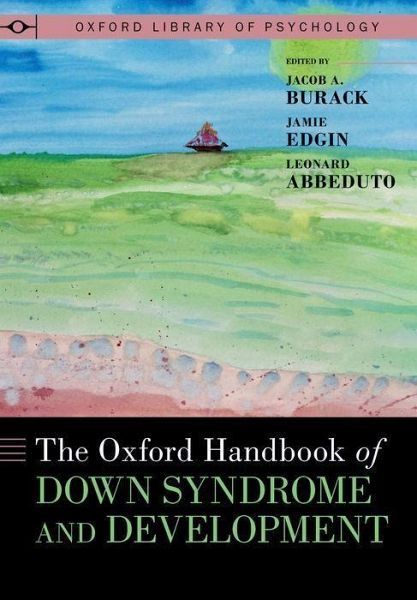
The Oxford Handbook of Down Syndrome and Development
Versandkostenfrei!
Versandfertig in über 4 Wochen
162,99 €
inkl. MwSt.
Weitere Ausgaben:

PAYBACK Punkte
81 °P sammeln!
The Oxford Handbook of Down Syndrome and Development comprises cutting-edge and provocative integrative reviews of essential theory and research about persons with Down syndrome at various stages of the lifespan. The volume opens with a brief section on historic and contemporary scientific approaches to understanding the development of persons with Down syndrome with subsequent sections on social development and family relations, cognition and neuropsychology, and comorbid conditions.







